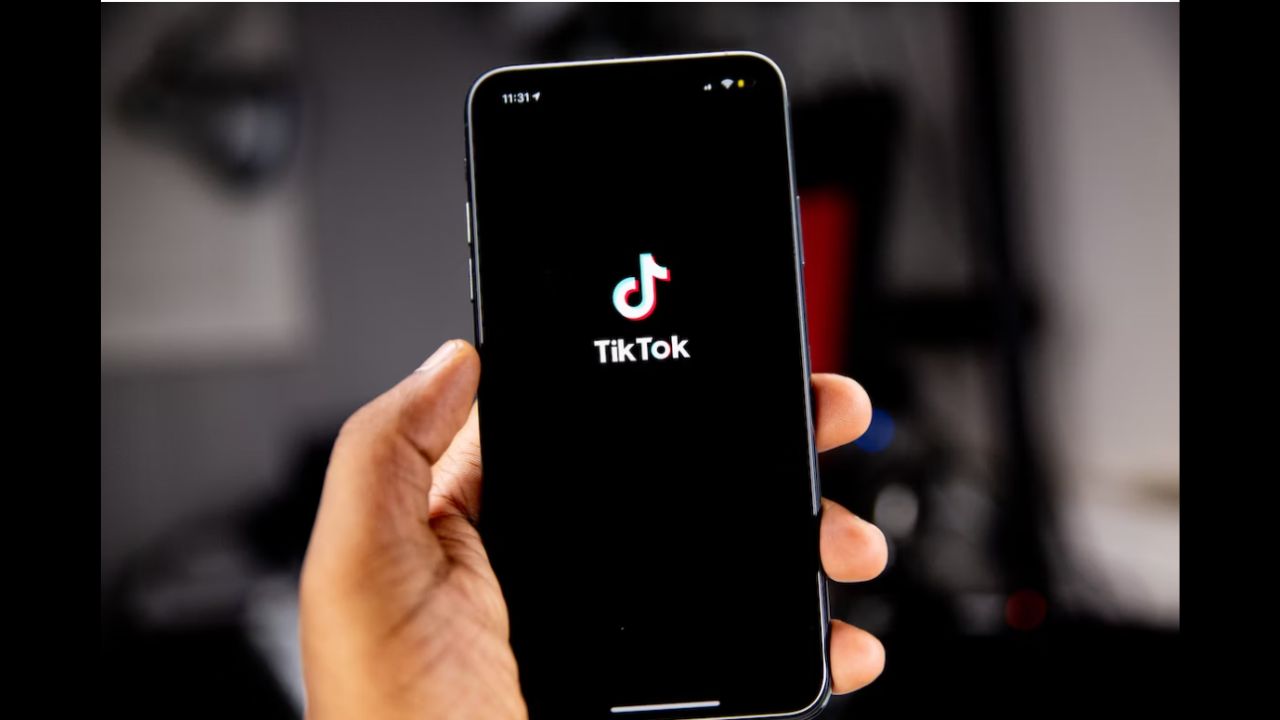Universal Music Group’s TikTok Exodus Explained
Universal, for its part, said that TikTok was trying to build a business around music without paying enough for the music’s fair value.

Universal Music Group’s TikTok Exodus Explained: Over 1 billion TikTok users can no longer watch songs by artists like Ariana Grande and Taylor Swift because Universal Music Group took their music off of the app. Because Universal couldn’t get what it thought was “appropriate compensation” for its artists and songwriters, the licensing deal wasn’t renewed.
Universal Music Group’s TikTok Exodus Explained
TikTok, which is owned by ByteDance, offered a payment rate that was much lower than those of other social media sites. Universal, a company based in the Netherlands, owns music by Lady Gaga, Justin Bieber, Billie Eilish, J Balvin, and Amy Winehouse. It charges royalties for its songs to be played on these sites. Universal was blamed by TikTok for spreading a “false narrative and rhetoric” and putting “their own greed above the interests of their artists and songwriters.”
TikTok said in a statement, “They have chosen to walk away from the powerful support of a platform with well over a billion users that serves as a free promotional and discovery vehicle for their talent.”
Universal, for its part, said that TikTok was trying to build a business around music without paying enough for the music’s fair value.
Universal pointed out that TikTok only makes up about 1% of their total income, even though it has a lot of users, more and more music-based content, and more and more advertising revenue. This shows how little TikTok pays artists and songwriters.
Check Out: Justin Mohn’s Mugshot Unveiled Amid Decapitation Case
Universal also stressed that it was working hard to get TikTok to do more to protect artists from the bad effects of AI and to make sure that TikTok users are safe online.
Universal said TikTok was wrong for letting a lot of AI-made music flood its site and letting users make their own AI-made recordings.
In response to these concerns, Universal claimed that TikTok exhibited “indifference, and then with intimidation,” noting instances where TikTok removed some emerging artists from the platform while retaining the music of global stars.
